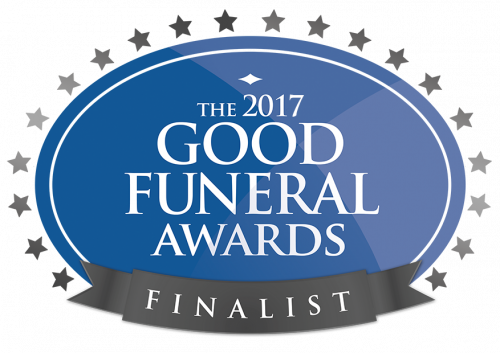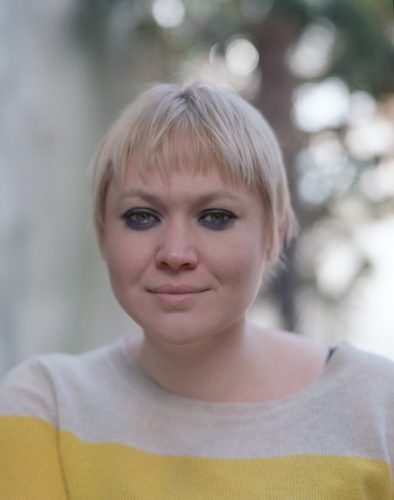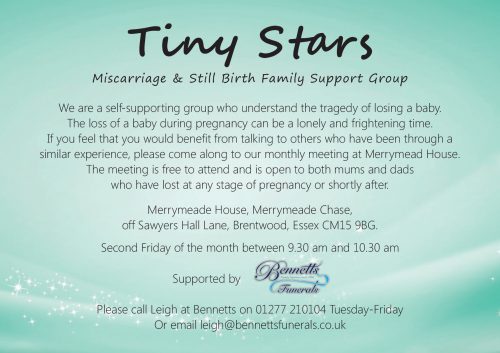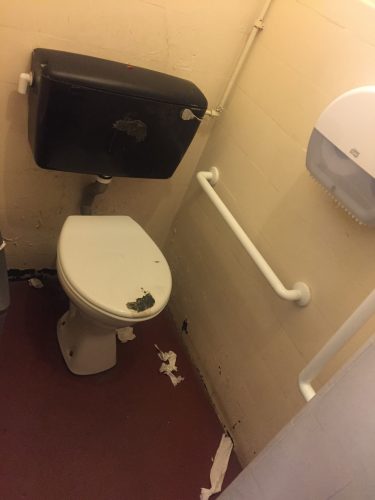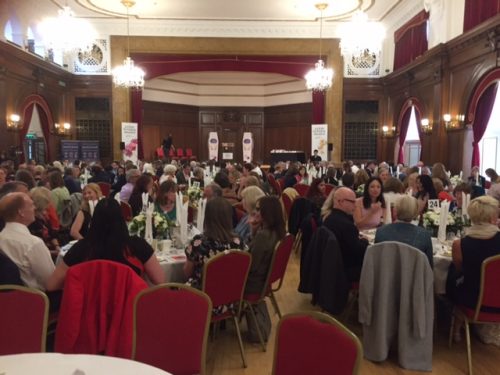
The Good Funeral Awards 2017 sponsored by Greenfield Creations
The winners of this year’s Death Oscars were announced at the glittering awards ceremony in London today.
Most Significant Contribution to the Understanding of Death
Joint Winners: Liz Rothschild and Lucy Coulbert
Runner Up: Good Life, Good Death, Good Grief – It Takes a Village.
Supplementary Award for Innovation
J.C. Atkinson for the Pathway coffin
Best Death Related Public Engagement Event
Winners: Life, Death, Whatever and BrumYODO
Runner up: Home Funeral Network (Funerals to Die For)
Most Helpful Funeral Advice Website
Winner: Nelson’s Journey Youth Panel’s Smartphone APP
Runner up: Veterans Bereavement Support Services
Doula of the Year
Winner: Felicity Warner
Runners Up: Lizzie Neville, Nett Furley, Jane Henderson & Anna Lyons
Anatomical Pathology Technician of the Year
Winner: Dr. Wendy Birch
Runner Up: Lara-Rose Iredale
Care of the Deceased Award
Winner: Cara Mair and the team at ARKA Original Funerals
Runner Up: Kirsty Sailes
Coffin Supplier of the Year
Winner: Ecoffins
Runner Up: Earth to Heaven
Funeral Florist of the Year
Winner: Rebecca Sharp of Dazzle Me Daisy Do
Runner Up: Rosie Orr, of Flowers by Rosie Orr
Minister of the Year
Winner: Fr. Christyan James
Runners Up: The Right Revd. Charles Muglestone & Emma Curtis
Celebrant of the Year
Winner: Justine Wykerd
Runners Up: Kathryn Sansom, Stuart Preston & Wendy Coulton
Highly Commended: Terri Shanks
Gravedigger of the Year
Winner: Martin House of Eden Valley Woodland Burial Ground
Runner Up: Julie Hillman of The Eternal Forest
Best Burial Ground in the UK
Winner: Heatherley Wood, Greenacres
Runner Up: Eden Valley Woodland Burial Ground
Best Crematorium in the UK
Winner: South Oxfordshire Crematorium and Memorial Park
Runners Up: Kettering Crematorium, Mortlake Crematorium and Seven Hills Crematorium
Crematorium Attendant of the Year
Winner: Richard Hooker at Mortlake Crematorium
Runners Up: Paul Jansen at Golders Green Crematorium and the team at Cardiff Crematorium Thornhill
Best Direct Cremation Provider
Winner: Holly’s Funerals
Runner Up: Respect Direct Funeral Services
Best Low Cost Funeral Provider
Winner: Fosters Funeral Directors
Runner up: Memoria Low Cost Funerals Ltd
Most Eco-Friendly Funeral Director
Winner: Leverton & Sons
Runner Up: Woodland Wishes
Funeral Arranger of the Year
Winner: Lorraine Aitken (Youngs Independent Funeral Services)
Runners Up: Barbara Scrimshaw (Edd Frost & Daughters) & Persephone Salway (A. Monger Funeral Directors)
Most Promising New Funeral Director Business
Winner: Compassionate Funerals
Runners Up: Crescent Funerals and O’Dwyer Funeral Directors
Most Promising Trainee Funeral Director
Winner: Sarah Ellis (Bewley and Merrett Funeral Directors)
Runners Up: Rhys Askham (Rosedale Funeral Home) and Sarah Tully (Compassionate Funerals)
Best Modern Funeral Director
Winner: Full Circle Funerals
Runners Up – Dandelion Farewells and Bewley & Merrett
Best Traditional Funeral Director
Winner: A. W. Lymn – The Family Funeral Service (with especial mention of two staff members, Louise Cook and Dominic Lister)
Runners Up: Bungard Funeral Directors and Southall Funeral Service
Best Funeral Caterer
Winner: Rocket Catering
Runner Up: Tea and Sympathy
The ‘What to do with the Ashes’ Award
Winner: Sacred Stones Willow Row
Runner Up: Ann Bates Ceramics
The Lifetime Achievement Award
The Outstanding Achievement Award

